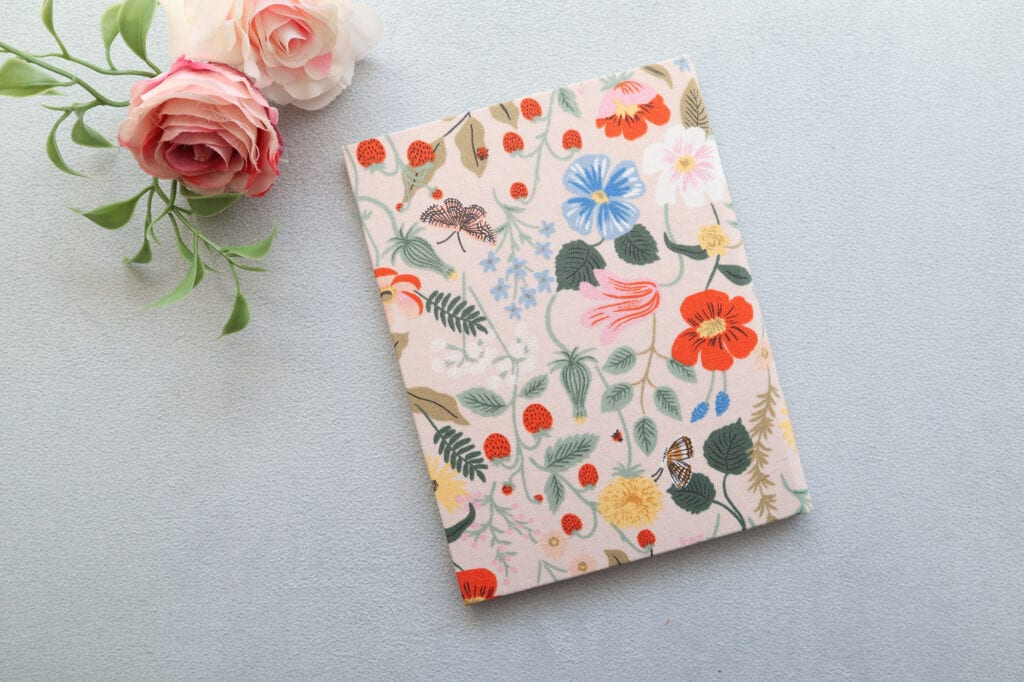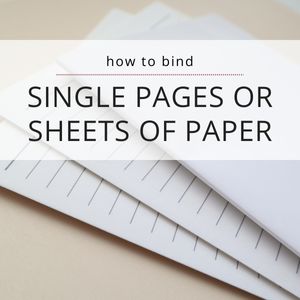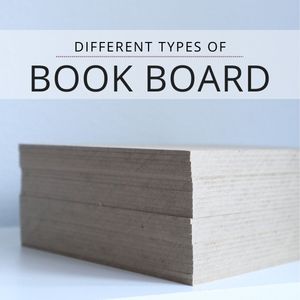One of the greatest advantages of being a bookbinder is having the ability to make my own journals and notebooks. Over the years, I’ve turned to writing to deal with such emotions as anxiety, depression and good ol’ guilt & shame. Journaling these emotions in a book I’ve created just for me is not only therapeutic, but inspiring.
You see, there are significant moments in our lives where a journal can help us understand ourselves better, move forward through a difficult time or heal from trauma. In today’s post, I’ll share my very personal top 5 important life events you should record in a journal and why.
Gender Identity & Transition
While many people are aware of their gender identity early on, it can take others a lifetime to truly understand themselves. This process can be very complicated for teenagers in particular. I know, because one of my daughters (I have three girls) is feeling pressure from friends to decide on a gender identity and sexual orientation (even though she doesn’t know exactly who she is yet).
How do I know if I’m transgender?
Journaling daily emotions and feelings can help teens identify thought patterns that may point to who they truly are on the inside. Having the ability to look back and realize who you are is priceless, especially when it involves a big decision like transition.
Documenting your transition journey
If a person determines their assigned gender at birth does not match their identity, they can decide to fully transition. The process can take years, so writing in a journal can be a way for them to document their story and all of the feelings (beautiful and difficult) that go with it. These stories are important not only for the person writing them, but for those they decide to share them with.

Survivor’s Guilt
In 2016, my mother suffered a massive heart attack. She is seven years younger than my father with no history of heart disease, so it came as a complete surprise. After 10 days in the cardiac ICU and another week in recovery, she was discharged from the hospital with a new set of medications.
While we thought the worst was behind us, we were wrong. Over the next few months, my mom went from feeling incredibly grateful to horribly guilty about her recovery. She had no problem changing her diet or obeying doctor’s orders, but she struggled to understand why she was given another chance at life when so many had been denied.
Several months in, a therapist suggested she join a community of heart attack survivors online. There, she learned she wasn’t alone. Other survivors recommended journaling. They were all suffering from nightmares, lack of sleep, a loss of meaning, listlessness and anxiety (among others). Mom was feeling those, too. Journaling these emotions helped her come to terms with her survival, which in turn lifted the veil of depression she’d fallen under. Today, more than 5 years later, she continues to record her thoughts and feelings in books I’ve made just for her.

Divorce
When I went through a divorce in 2005, I was riddled with emotion. I felt like a failure. I used to tell myself that I would never get divorced like my parents did, but there I was – talking to a lawyer and discussing custody arrangements.
For months, I teetered between hating and loving myself. Most days, I knew it was the right decision. Other days, I wasn’t so sure. This back-and-forth made me crazy. On my birthday that year, I went to a spa. It was the kind of spa I had to save up for, where you get to hang out the entire day among soft pillows, big windows and warm fireplaces. Suddenly, I felt like writing. I picked up a pen and let it all out on the back of a magazine.
Eventually, I converted those scribbles into a proper journal. Writing allowed me to check myself and my thoughts before they could get out of control. It also showed me just how much gas lighting was going on with my ex-spouse. We remain friends today, but the journal reminds me time and again that we were never good as partners.
Weight Loss
In 2011, I gave birth to my youngest daughter. I was 121 pounds overweight and miserable. One day, I’d had enough. I decided it was either life or death. I began a journey that would take almost two years. At its end, I’d lost 76 pounds and gained a new respect for myself. This time, I hadn’t picked a diet fad with false promises. Instead, I changed my habits.
I’ve always been an emotional eater, so I adjusted the trigger/response cycle. I also factored in healthy eating and exercise. While eating right and adding movement propelled my weight loss, it was the mental change that carried me forward.
During these two years, I kept a journal with all of my thoughts and frustrations, especially when I lost weight and received tons of attention from people who had otherwise ignored me. There are no words to express how it feels when people equate your weight to your worth, but my journal gave me an opportunity to try. Once those emotions are out on the table, they have less of an impact.
Relocating or Moving
During my weight loss journey, I realized a change of scenery was needed. Instead of living in Miami around toxic people and family that triggered my shame and self-doubt, we. decided to move. We chose Seattle, WA, where big tech was booming. In the process, we left our only friends and family behind. The surroundings were beautiful, but getting to know a new area, culture and people was really hard. I remember feeling lost, lonely, disoriented, confused and anxious.
These feelings and emotions are totally normal for someone who has just moved or relocated, but it doesn’t make them any less difficult. Writing how you feel in a journal is a great way to sort through fear and isolate it for perspective. It was also the perfect outlet for gratitude, which reminded me each day just how lucky I am to be alive in the first place.
Large vs. Small Journals
When choosing to buy or create a handmade journal for yourself or others, choosing the right size is important. Large books typically have more than 100 pages, whereas small journals have anywhere from 40-90. Each have their benefits. For example, large books are great for healing over time, or those who love to write. Smaller books are perfect for journaling about phased transitions, moving, or those who write less.
My large books included lined pages and are always reinforced with extra support in the spine, whereas my smaller books are intricately designed and 5×7 inches to allow the recipient to write anywhere, at any time.
Whichever size you prefer, just be sure to choose or create one that truly reflects and inspires you.

Resources
- For reference, feel free to view some of my books in my Etsy shop.
- Want to try making your own journals and notebooks? Check out my New Bookbinder Guide for all kinds of starter information – tools, tips, tutorials & more!
What do you think? Do you enjoy journaling? Pop over to Instagram, Facebook or YouTube and share your thoughts with me!
ALL my best,
Misty






